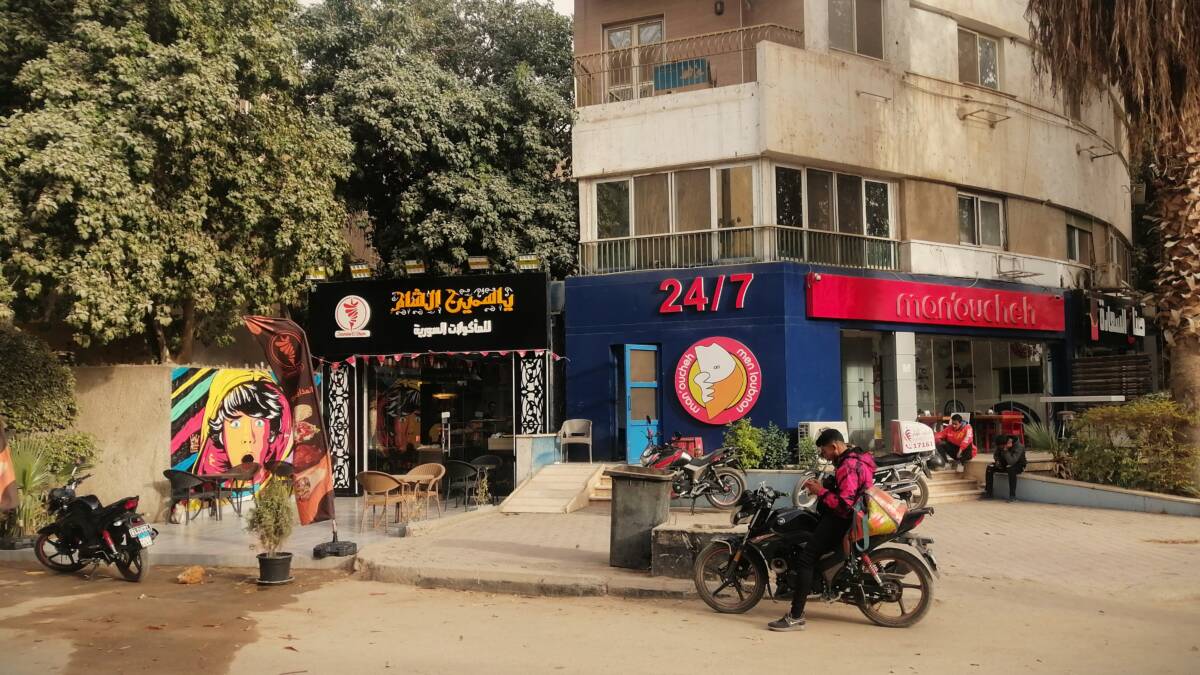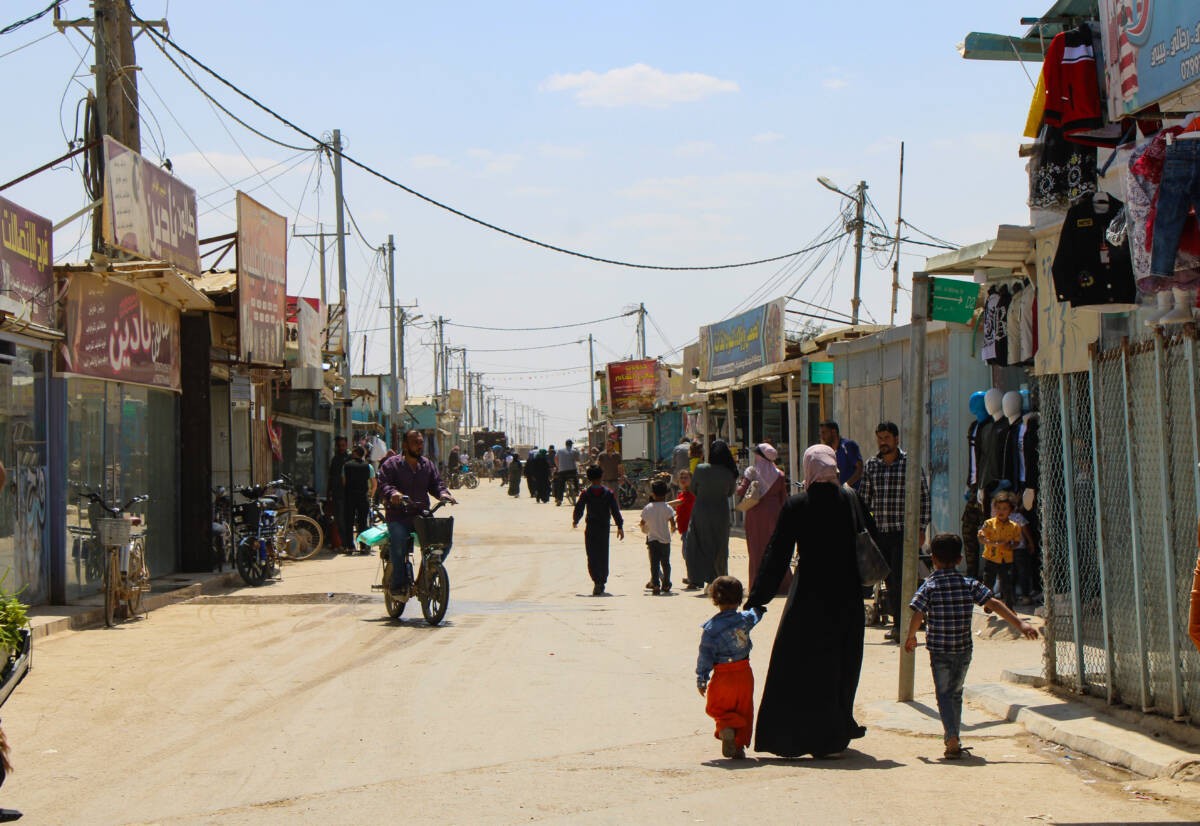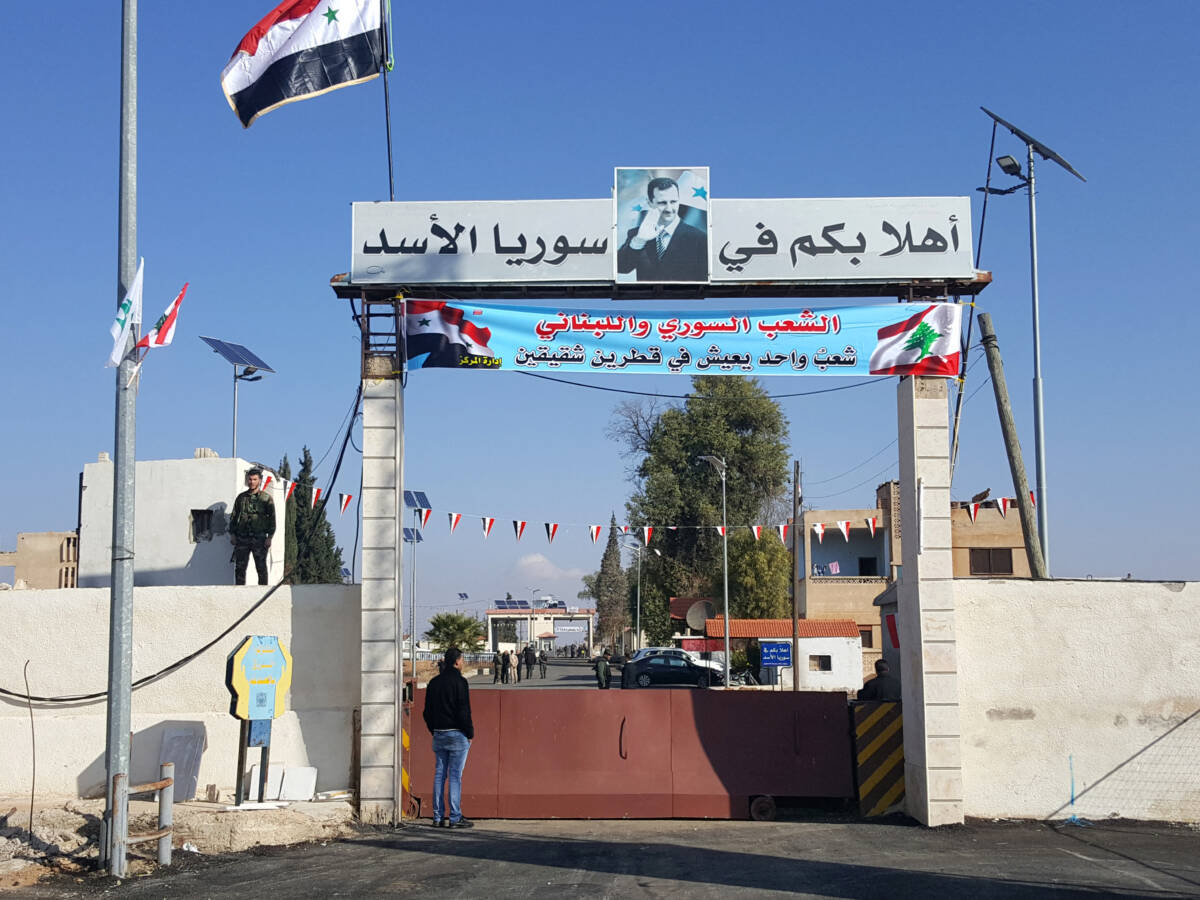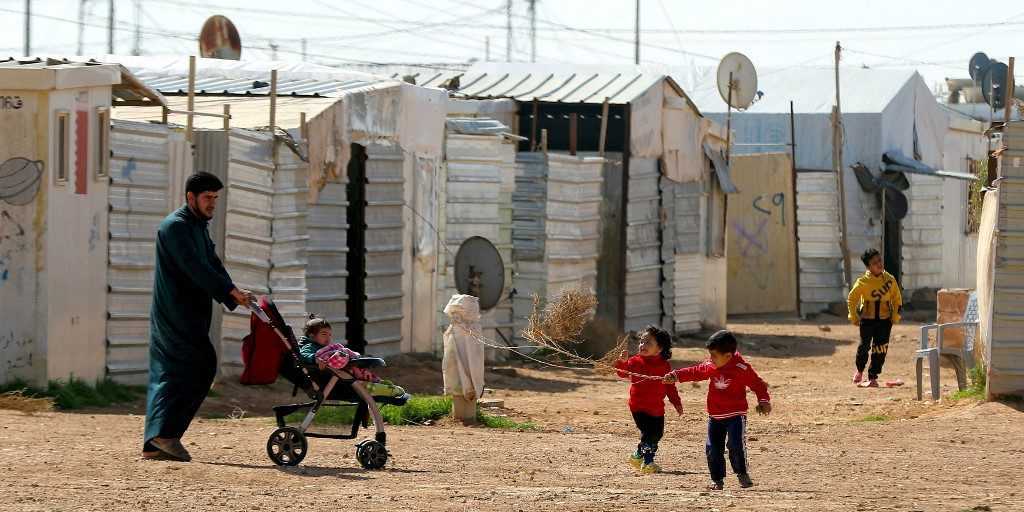Living and working as a Syrian in Egypt: A constant balancing act
Syrians, like other refugees in Egypt, face a host of barriers to residency and work permits. Pushed into the informal sector, they face exploitation and abuse. Their plight points to the darker side of Egypt for millions of foreigners.






